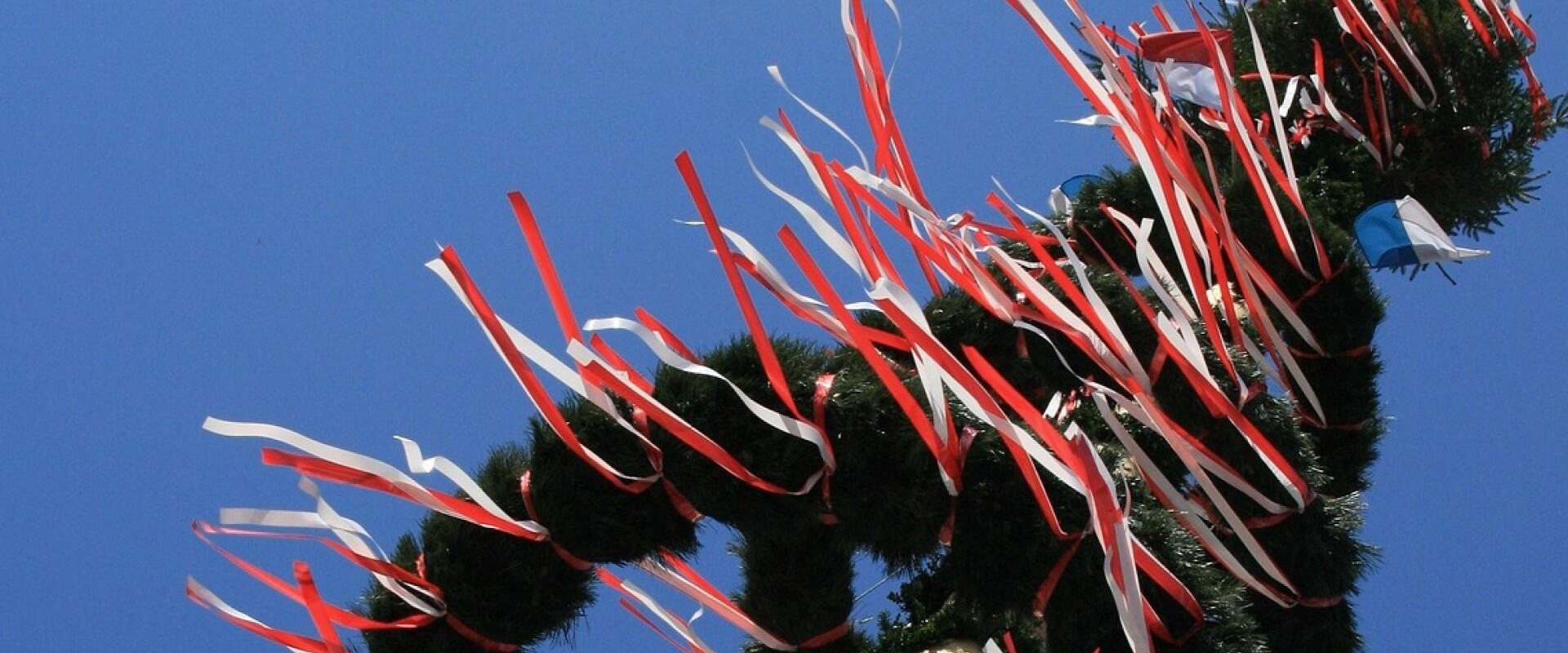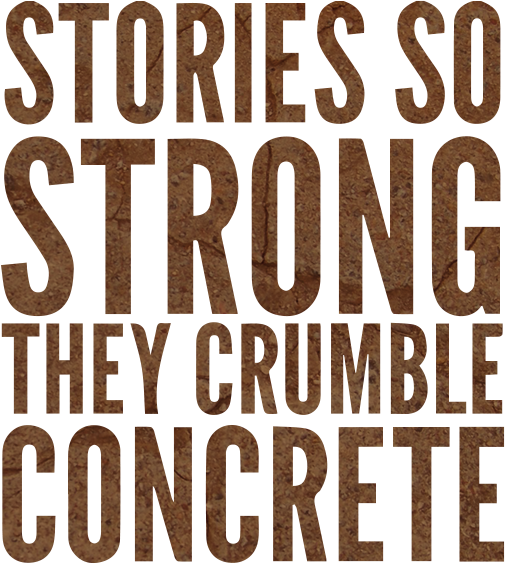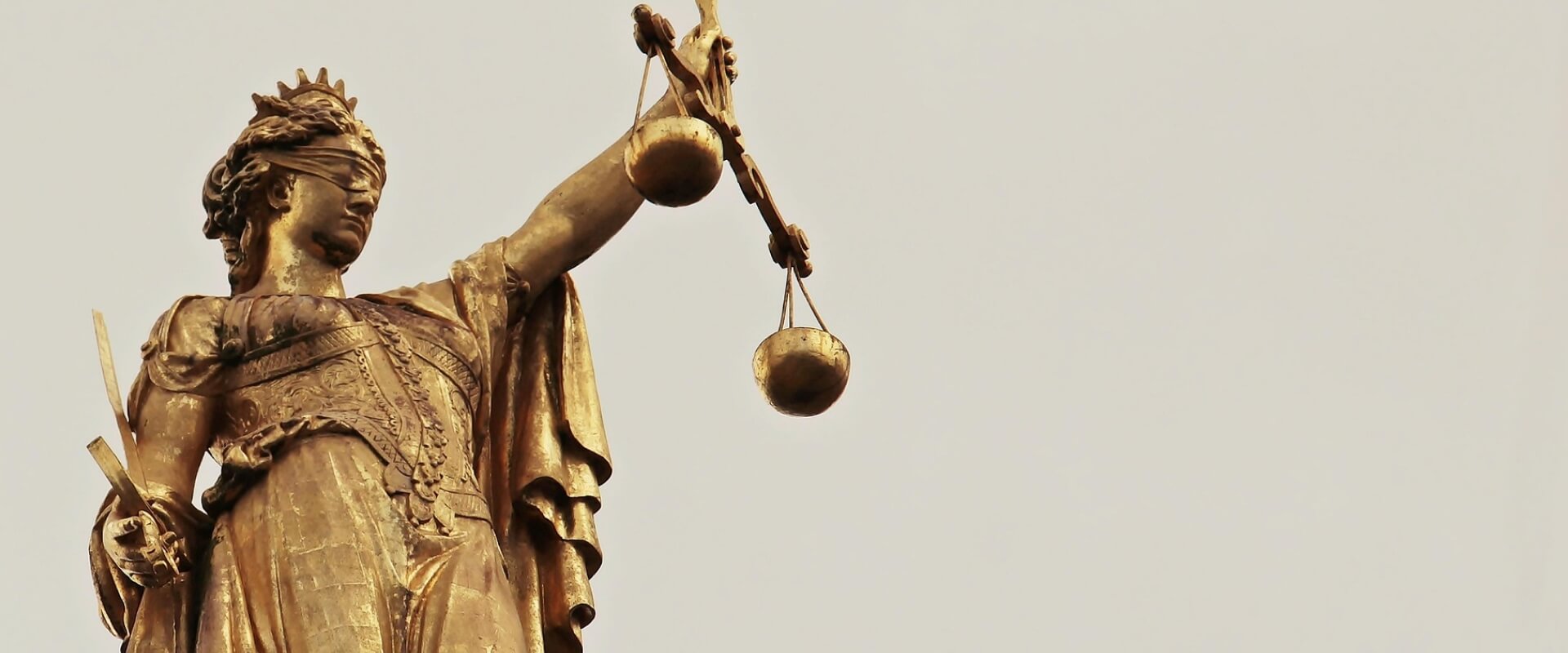Prison Industrial Complex
A Maypole in Prison
by Starhawk

health mental-health peer-support prison-life prison-industrial-complex
This last weekend was the second time I’ve gone with him to visit women’s prisons in central California. Valley State Prison for Women and Central California Women’s Facility are across the street from one another out in the fields near Chowchilla. Bland, concrete structures, they look a lot like my junior high school had its chain link fences been topped with razor wire and surveyed by guard towers.
Being in prison is like being in a hellish version of junior high school—where your every movement is monitored and controlled, subject to the prison version of a hall pass, called ‘duckets’—a word which I find extremely irritating for some reason, maybe because I suspect it’s really supposed to be ‘dockets’? I don’t know—of all the humiliations and assaults of prison it’s probably the least significant, but still it bugs me.
Although I’ve been arrested and jailed numerous times for political actions, I’ve never served time in prison. “Short time is hard time,” one of the lifer women told me. When you’re in for life, or for a long time, as many of these women are, something happens to you. Your ties to the outside world fade, and the prison becomes your world. You let go of the hopes and dreams you once had, and find new, smaller things to hope for within the narrow world to which you are confined.
All the more reason why these celebrations and moments of spiritual commitment take on a greater importance, here, than they do for us outside. When we have infinite opportunities to revel in flowers or dance on the grass or connect with those who share our spirituality, we get blasé. “Maybe I’ll go to the ritual—maybe I’ll stay home and watch kitty videos on YouTube.”
In prison, if you’re Pagan, you might get a chance to connect once or twice a year. If you are Christian, of course, there are weekly services, Bible study groups, special programs, Christian Alcoholics Anonymous meetings—but if you’re Pagan, your religious rights to meet, to study, to learn about your tradition, to celebrate your holidays and practice your tradition are not generally respected. Patrick and others have fought major battles to gain the limited access we have, and although he is recognized as a chaplain by the State of California, he still has trouble bringing in ritual supplies, books, or volunteers.
I went with Patrick and Johanna and Tiki from the Pagan Alliance. http://thepaganalliance.org/. To get down to Chowchilla by 9 am, we need to leave the Bay Area by 6 am, which means waking up at something like 4:30 am, which is something I try never to do. I don’t take 6 am planes or go power jogging before dawn, and I’m not one of those writers who like to work in the wee hours of the morning. Back in the ‘80s, when we were doing some of those political actions mentioned above, we’d wake up at 4 am to get into place to blockade early workers at nuclear plants. Since then, I’ve grown to favor actions that start at noon. But waking up that early is inextricably linked, in my mind, with going to jail, still, so it seems appropriate.
At VSPW, they have ‘lost’ our paperwork, which Patrick has dutifully submitted and had approved. They’ve also moved us out of the gym and field so they can set up for a Christian group’s dedication of a new, interfaith outdoor chapel which is still days away. However, the warden showed up and intervened, not only putting us back in the gym but actually helping to carry in the Maypole! (Which Patrick has constructed from plastic pipes, so it’s light.) However, while 160 women have asked to come to the ceremony, only about forty actually have gotten their duckets and been allowed to come. There are a surprising number of Pagans in prison—Patrick estimates something like 20,000 in the U.S. Most of them become Pagan while they’re incarcerated. While the numbers of Christians are higher, the Pagans have some of the highest numbers of active, participating members of any religious group—and are among the least served, with no paid chaplains and endless barriers for volunteers.
For me, it’s especially heartbreaking to see so many women locked up for life, or for very long sentences. Many, many of them were arrested as teenagers and tried as adults when they were sixteen or seventeen years old—a practice which is, in my mind, itself criminal and unjust. Teenagers are not adults and do not yet have adult understanding—not just of their actions and consequences but also of what their rights are, how the legal system works and how to negotiate it. The most common reasons they’re there are drugs, getting caught up in their boyfriends’ drug deals and attacking or killing a pimp or a rapist. They end up with heavy sentences, sometimes, out of loyalty—they won’t rat out the boyfriend while the men have less compunction about throwing the women under the bus. In prison, boyfriends and husbands generally stop visiting after around six months. Women connected to male prisoners visit them for years.
The women themselves created our ritual. They asked me to invoke the Goddess, and I called in the She Who Blesses All Forms of Love. One reason prisoners embrace Paganism is that we accept people as they are. We think sexuality is a good thing—including gay sexuality, and we tell people that they are children of the Goddess, who loves them even if they might have messed up badly at some point in life. Even in prison, you can continue to grow and develop spiritually, to serve the Goddess and to serve the community. And a number of the women have stepped up to learn how to create and priestess rituals.
We set up the Maypole in the center of the running track. After some time spent untangling the ribbons, which the wind had whipped into a tangle, we danced. I had to sit down for a while—between the blazing heat, the early morning, the lunch of Complete Carbohydrates—veggies and dip, French fries, a biscuit and cake—I was having a bad blood-sugar moment. It was beautiful to watch the dance, however, and see how much the women enjoyed it—the hilarity of moving in and out, under and over, mostly getting it slightly wrong but nonetheless the ribbons weave. Then it was time to go.
Between the heat and the stress, we were nearly comatose by the time we got to our hotel. We went out for Mexican food with Sister Mary Ann, who is the Catholic Chaplain at CCWF, where we were going the next day. Sister Mary Ann is a true Christian—dedicated to the women and the work, selfless, and very supportive of Patrick and all our efforts. She reminded me of the many wonderful nuns, priests and ministers I’ve met through the years, especially when I was teaching at Matthew Fox’s institute back in the ’80s and ‘90s. We may hold different beliefs, but we share common values.
But our visit to CCWF did not go well. Again, they had ‘lost’ our paperwork—this time, five separate copies of our event package which Sister Mary Ann had personally delivered to five separate officials. The warden was not on site on a Saturday—nor were other personnel who could have okayed the event. The Watch Commander, who could have authorized it, said “No way.” We were allowed in as visitors—which meant a much more exhaustive process of listing every single thing we were wearing or carrying. Tiki’s underwire bra would not go through the metal detector, and she had to go out, change into a bathing suit, and put up with snide comments about her breasts. But, we got in, though Patrick was quietly fuming while being ever so polite to everyone.
We met in the Chapel, where about twenty of the sixty or so women who had asked to come were assembled. The group at CCWF had been much, much larger—but the prison had systematically transferred out anyone whom they identified as a Pagan leader, so it’s now slowly recovering. We weren’t allowed to bring in our Maypole, our flowers or any of the ritual food we’d brought, but we had ourselves.
We set up a simple altar with materials on hand, and I led a grounding and taught some basic energetic exercises. We talked with the women and had time to do some counseling one on one, while four volunteers went to get our lunch from the food service.
Then suddenly we got word that the Watch Commander had stopped our food volunteers and sent back the carts, while throwing three of them into Administrative Detention—‘the hole’—for doing what they’d been asked to do. Sister Mary Ann was now in trouble for supporting us, and we needed to go before the rest of the women also got into trouble. While Christians get rewarded for attending their services, and their faith is a mark in their favor at parole hearings, Pagans run huge risks. They can get written up, they are often threatened or persecuted, and their faith can be used against them in parole hearings and earn them years more jail time. Nevertheless, they still come.
So we left, going back out through the succession of control points and sally ports. At the visitor’s gate, we had to confirm that every single earring and hair ornament we’d brought in was accounted for. Unfortunately, one of us had lost track of her Chapstick. That resulted in frantic calls back to the chapel—and Patrick eventually went back in to find it while we waited. He came back, at last, triumphantly bearing the ‘contraband’, and we got out. Luckily, one of the chapel clerks had found it—just as the Watch Commander was about to order the guards to put us all into Administrative Detention until they ‘investigated’ the incident.
The world always looks brighter when you get out of jail—even after a short visit. But any encounter with the system always makes me angry. I’m angry at the discrimination Pagan prisoners face, and I’m even more angry at the system as a whole, which targets poor people and people of color so disproportionately. The prison industrial complex has become a profit-making industry, a new form of slavery. Instead of rehabilitating and reintegrating offenders, it creates a permanent underclass. Draconian sentencing laws, the ‘War on Drugs’ which is really a war on poor people who use drugs, especially people of color, the whole punitive orientation of our society means we in the U.S. imprison more people than any other country in the world.
Fighting for prisoners’ religious rights is just one small way to challenge some of the injustices inherent in the system. Patrick has been carrying the ball for many years now, and has spent tens of thousands of dollars of his own money doing it. He has important court cases making their way upward through the system. Check out his website, below, and if you can support him with a small donation, that will be a huge help.
When Pagans get our rights, everyone gets their rights!
Patrick’s website: www.patrickmccollum.org
(copyright Starhawk (c) 2011, used by permission)



